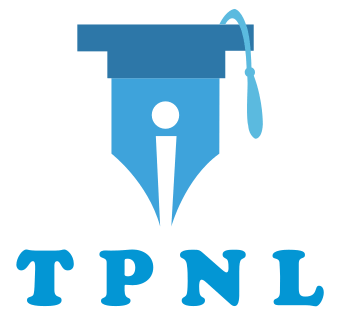Rosemont CollegePrograms
Master of Business Administration
The Masters of Business Administration program at Rosemont College introduces students to concepts and problems which will be invaluable to their careers. Courses focus on curriculum with a base in real-world experiences, taught by instructors with detailed experience running and working in businesses. The students strive to become the new leaders of business, leaving with the knowledge necessary to advance their careers, serving themselves and their communities The program is deeply rooted in Rosemont's central code of ethics, driving the students and staff to make reasoned moral decisions, as students learn from lectures and workshops offered by the Institute for Ethical Leadership, allowing them to become respected and confident business leaders. Furthermore, the program is designed for working individuals, offering 7 week courses that meet one night per week at many convenient locations, including at the Main Campus, downtown location, CHOP and online.
Bachelor’s in Business Management (International Business)
There is a fundamental shift occurring in the world economy in which there is a movement toward an elimination of barriers to cross-border business, trade, and investment. Advances in technology and telecommunications have increased this interdependence by shrinking distance and allowing for an interdependent world economy, known as globalization. The International Business program provides students with the knowledge, skills, and understanding to succeed in this changing world economy. Students majoring in IB take courses in all the major functional areas of business. These courses emphasize application of knowledge and theories to organizational situations, preparing students for entry into the business community. The liberal arts courses taken by the students enable them to attain proficiency in communication skills and critical thinking as they become responsible members of society.
BA in Communications
The communications major at Rosemont is geared toward preparing students for a rapidly changing work environment. Communication courses put a strong emphasis on professional speaking and writing fluency, an understanding of the impact of mass communication, and skills essential for the communications professional. Courses ask students to apply communication principles in developing multimedia class projects in groups or individually. Students are required to take traditional courses such as Public Speaking, and Journalism. These courses provide students with a core foundation of professional communication practices.
